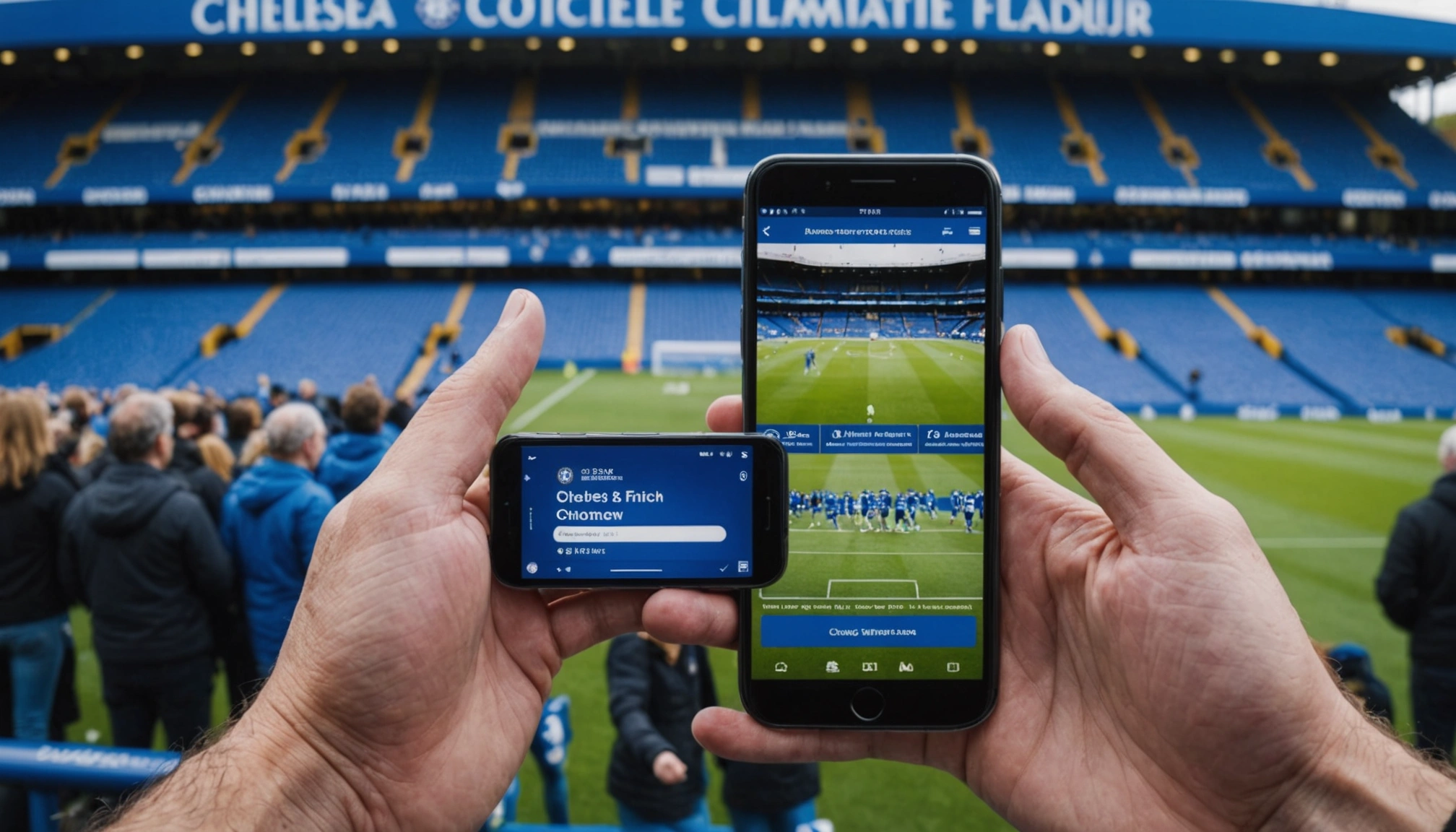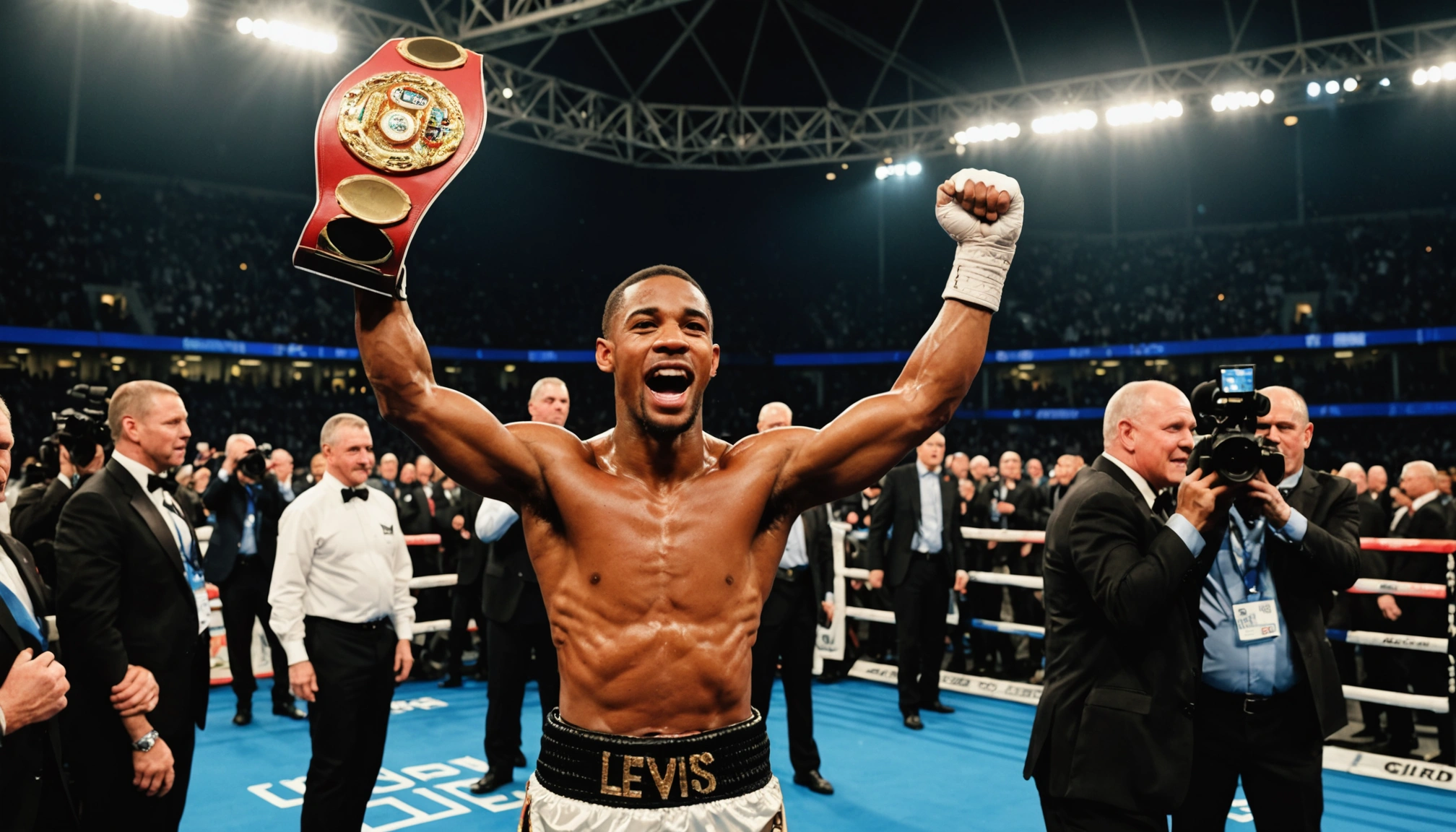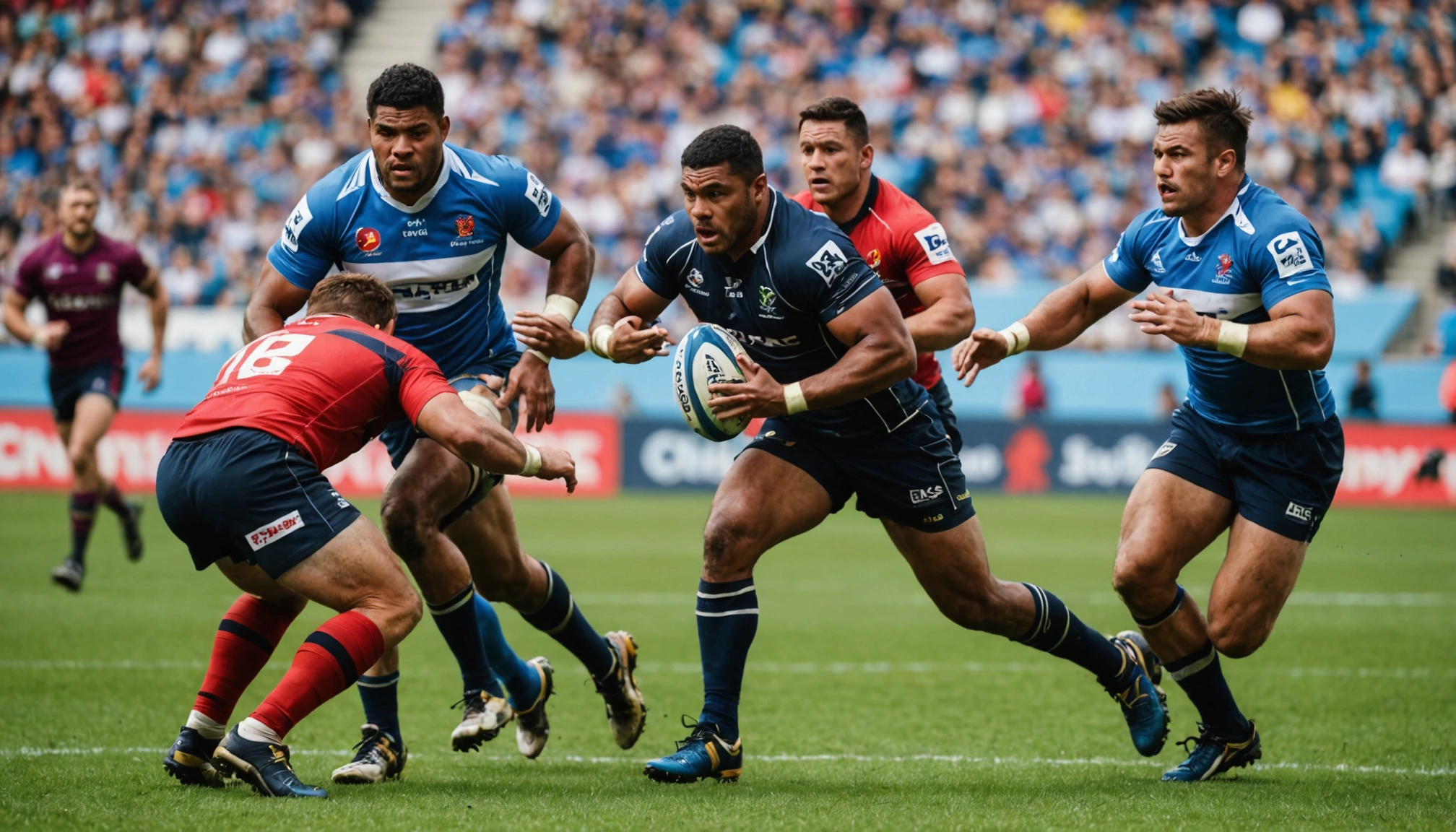Premier League Queries Chelsea Over Ticket Resale Controversy
The Premier League seeks clarity from Chelsea regarding ticket resale ties with Vivid Seats amid concerns over conflict of interest and fan trust.

By Editorial
Introduction To The Premier League's Inquiry Into Chelsea's Ticket Resale Links
The Premier League has recently initiated a formal dialogue with Chelsea Football Club concerning the club’s connections to ticket resale practices. This scrutiny centres on Todd Boehly, Chelsea's co-owner, and his involvement with Vivid Seats, a ticket resale platform deemed unauthorised within the UK. This development has raised important questions about transparency, conflict of interest, and the broader impact on supporters’ trust.
Background On Todd Boehly's Role And Vivid Seats
Todd Boehly completed a high-profile £2.5 billion acquisition of Chelsea in 2022, marking a new era for the club symbolised by their recent Conference League triumph. However, Boehly holds a dual position: he owns a 13% stake in Chelsea and is also a director and investor in Vivid Seats. The Premier League has labelled Vivid as an unauthorised ticket seller, particularly problematic as the platform lists Chelsea matches and has reported tickets priced up to £20,000 for Stamford Bridge fixtures last season.
Crucially, Vivid Seats operates legally in overseas markets but is not authorised to sell tickets within the United Kingdom. This distinction has sparked controversy, given the UK’s strict regulations on ticket reselling designed to protect fans from inflated prices and fraudulent sales.
Concerns Raised By Supporters And The Premier League's Response
The Chelsea Supporters’ Trust (CST) has been vocal in calling for an investigation, branding the situation a "breach of trust" and highlighting a "clear conflict of interest" due to Boehly’s overlapping roles. In March, the CST issued an open letter urging the Premier League to take action, stressing the negative implications for fan engagement and ticket accessibility.
Premier League CEO Richard Masters acknowledged the issue at a recent Football Supporters’ Association event, confirming ongoing discussions with Chelsea. Meanwhile, the CST has escalated the matter by submitting evidence against Vivid Seats to the Department for Culture, Media and Sport (DCMS), signalling a wider regulatory concern.
The impact on Stamford Bridge atmosphere
The controversy extends beyond business ethics to affect matchday ambience. Both former manager Mauricio Pochettino and current head coach Enzo Maresca have remarked on a subdued atmosphere at Stamford Bridge. Efforts such as introducing a singing section during the Conference League highlighted attempts to rekindle fan passion, but ticket pricing and resale practices remain a barrier.
Chelsea's Pledge To Tackle Ticket Touting
In response to growing pressure, Chelsea has pledged to combat ticket touting, focusing on making matchday tickets more accessible and affordable. Although the club has not explicitly named Vivid Seats or other resellers, the CST has expressed cautious optimism about Chelsea’s commitment. This aligns with wider Premier League initiatives to regulate ticket resale and protect supporters.
It remains to be seen how effective these measures will be, especially given the complex ownership links and the lucrative nature of ticket resale markets. Fans have often been the losers in such scenarios, facing inflated costs and missing out on the genuine matchday experience.
Wider implications for football ticketing and governance
This case exemplifies broader challenges within football regarding ticketing transparency and governance. The Premier League and clubs must balance commercial interests with fan welfare. The situation with Chelsea and Vivid Seats may set a precedent for stricter oversight and clearer rules on ownership conflicts related to ticketing platforms.
Similar issues have arisen across other sports and leagues, emphasising the need for robust regulatory frameworks. For instance, the recent England sport highlights key moments and insights report showcased how fan engagement is critical to sustaining sports’ long-term appeal, reinforcing why ticket access matters profoundly.
Economic and market factors affecting ticket resale
Vivid Seats’ CEO Stanley Chia has cited "economic and political volatility" as major pressures on the ticket resale market, with the company’s share price tumbling by 61% this year. These financial dynamics complicate the landscape further, as firms seek new revenue streams amid uncertainty, sometimes at the expense of fans.
This volatility reflects wider economic trends affecting football, including inflation and changing consumer behaviour. Clubs and leagues must therefore innovate to maintain loyal fanbases, possibly exploring alternative ticketing models that curb profiteering and improve transparency.
Conclusion And What This Means For Fans
The Premier League’s inquiry into Chelsea’s ticket resale links highlights a critical juncture for football governance. Fans deserve clarity, fairness, and affordable access to matches, principles that appear challenged by current resale practices linked to club ownership.
For Chelsea supporters and football fans nationwide, this saga underscores the importance of vigilance and accountability. Ongoing discussions and potential regulatory actions may pave the way for better protections against ticket touting, enhancing the matchday experience for all.
To stay updated on football developments and broader sports news, check our latest coverage including the latest football gossip, transfers, targets and contract updates.
Related topics
Editorial
Sports expert at SportsScoop
Specialist in sports analysis and journalism
Related articles
Want to read more?
Explore our comprehensive collection of sports articles and analysis, or contact us for more information.



